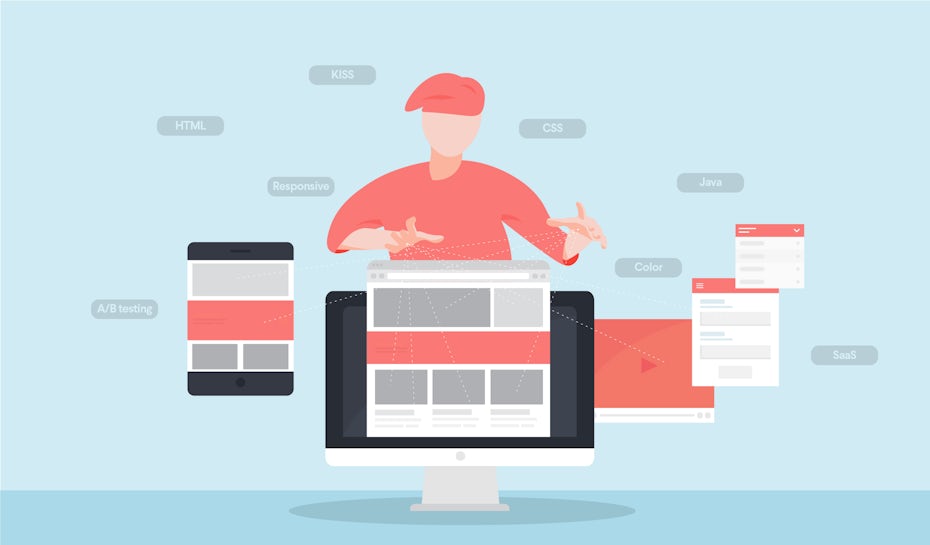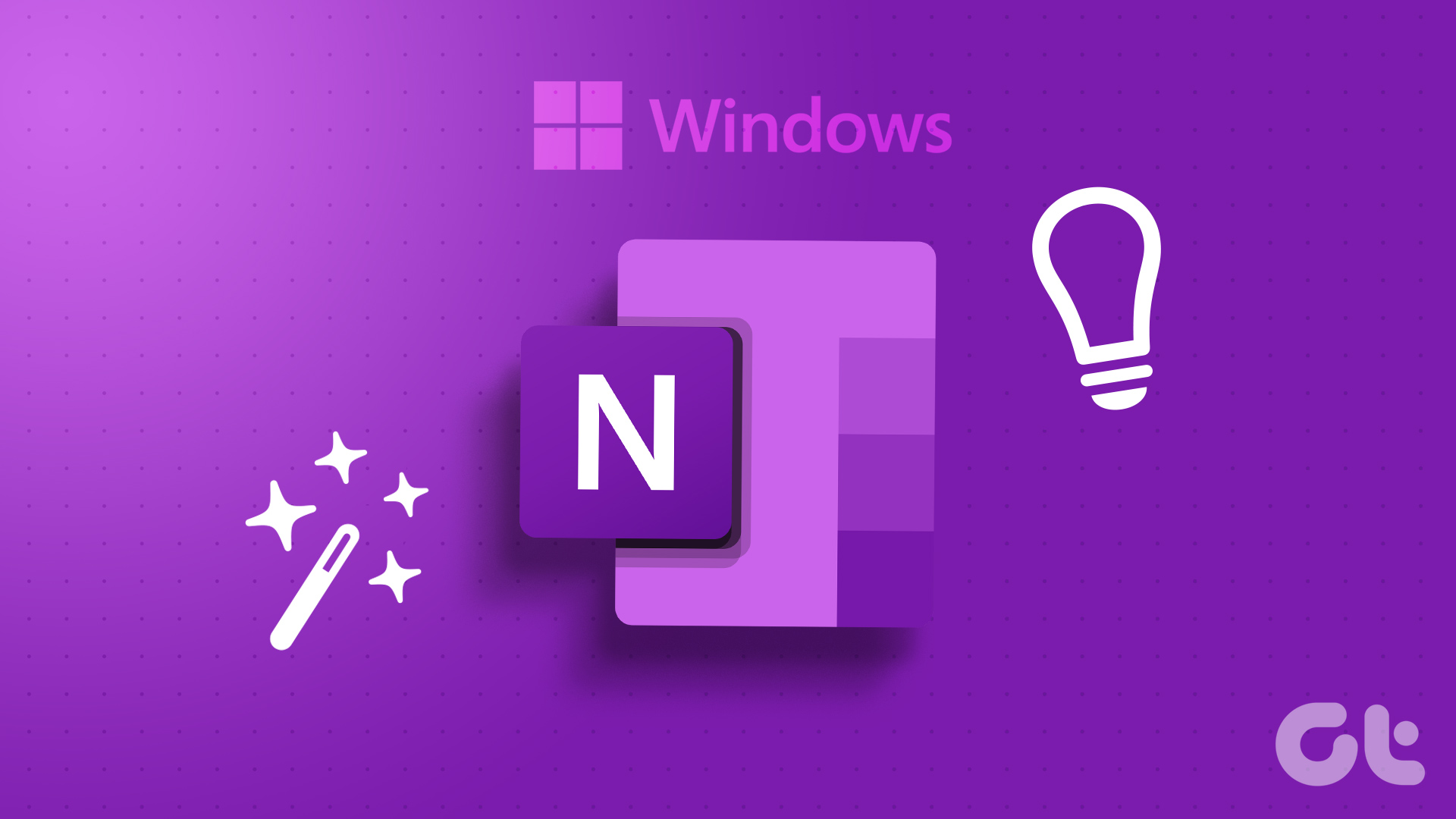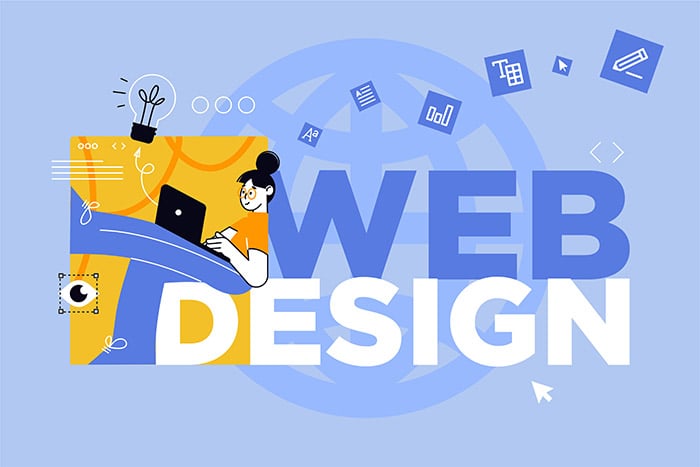Revolutionizing Healthcare: The Role of AI in Modern Medicine
The healthcare industry has always been at the forefront of technological advancements, constantly seeking ways to improve patient care and outcomes. In recent years, one technology that has been making waves in the healthcare sector is Artificial Intelligence (AI). AI has the potential to revolutionize the way healthcare is delivered, from diagnosis and treatment to patient monitoring and administrative tasks. In this article, we will explore the role of AI in modern medicine and how it is transforming the healthcare landscape.
The Rise of AI in Healthcare
AI is the simulation of human intelligence processes by machines, including learning, reasoning, and self-correction. It has been around for decades, but recent advancements in computing power and data availability have propelled its use in various industries, including healthcare.
According to a report by Accenture, the AI healthcare market is expected to reach $6.6 billion by 2021, growing at a compound annual growth rate of 40%. This growth is driven by the increasing demand for personalized and efficient healthcare services, as well as the need to reduce healthcare costs.
Diagnosis and Treatment
One of the most significant impacts of AI in healthcare is in the field of diagnosis and treatment. AI-powered systems can analyze vast amounts of medical data, including patient records, lab results, and medical literature, to assist healthcare professionals in making accurate and timely diagnoses.
For example, IBM’s Watson for Oncology uses AI to analyze patient data and provide treatment recommendations for cancer patients. In a study published in the Journal of Clinical Oncology, Watson for Oncology was found to agree with human oncologists’ treatment recommendations 96% of the time, while also suggesting additional treatment options that were missed by the doctors.
AI is also being used to develop personalized treatment plans for patients. By analyzing a patient’s genetic data, AI algorithms can identify the most effective treatment options based on the patient’s unique genetic makeup. This approach has shown promising results in cancer treatment, where traditional treatments may not be effective for all patients.
Patient Monitoring and Care
AI is also transforming patient monitoring and care. Wearable devices equipped with AI technology can continuously monitor a patient’s vital signs and alert healthcare professionals of any abnormalities. This allows for early detection of health issues and timely intervention, reducing the risk of complications and hospital readmissions.
AI-powered chatbots are also being used to provide virtual healthcare services, allowing patients to access medical advice and support from the comfort of their homes. These chatbots use natural language processing and machine learning to understand and respond to patients’ queries, providing them with accurate and personalized information.
Administrative Tasks
Aside from improving patient care, AI is also streamlining administrative tasks in healthcare facilities. AI-powered systems can automate routine administrative tasks, such as scheduling appointments, managing medical records, and processing insurance claims. This not only saves time and resources but also reduces the risk of human error.
AI is also being used to improve the efficiency of clinical trials. By analyzing vast amounts of data, AI algorithms can identify suitable candidates for clinical trials, reducing the time and cost of recruiting participants.
Challenges and Concerns
While the potential of AI in healthcare is vast, there are also challenges and concerns that need to be addressed. One of the main concerns is the ethical use of AI in healthcare. As AI algorithms are only as good as the data they are trained on, there is a risk of bias and discrimination if the data used is not diverse and representative of the population.
Another concern is the potential job displacement of healthcare professionals. As AI technology continues to advance, there is a fear that it may replace human healthcare workers, leading to job losses. However, experts believe that AI will complement rather than replace healthcare professionals, allowing them to focus on more complex tasks and improving patient care.
Conclusion
AI is revolutionizing healthcare in ways that were once thought impossible. From improving diagnosis and treatment to streamlining administrative tasks, AI is transforming the healthcare industry and improving patient outcomes. However, it is essential to address the challenges and concerns surrounding the use of AI in healthcare to ensure its ethical and responsible implementation. As AI technology continues to advance, we can expect to see even more significant impacts on the healthcare sector, making it more efficient, accessible, and personalized for patients.



